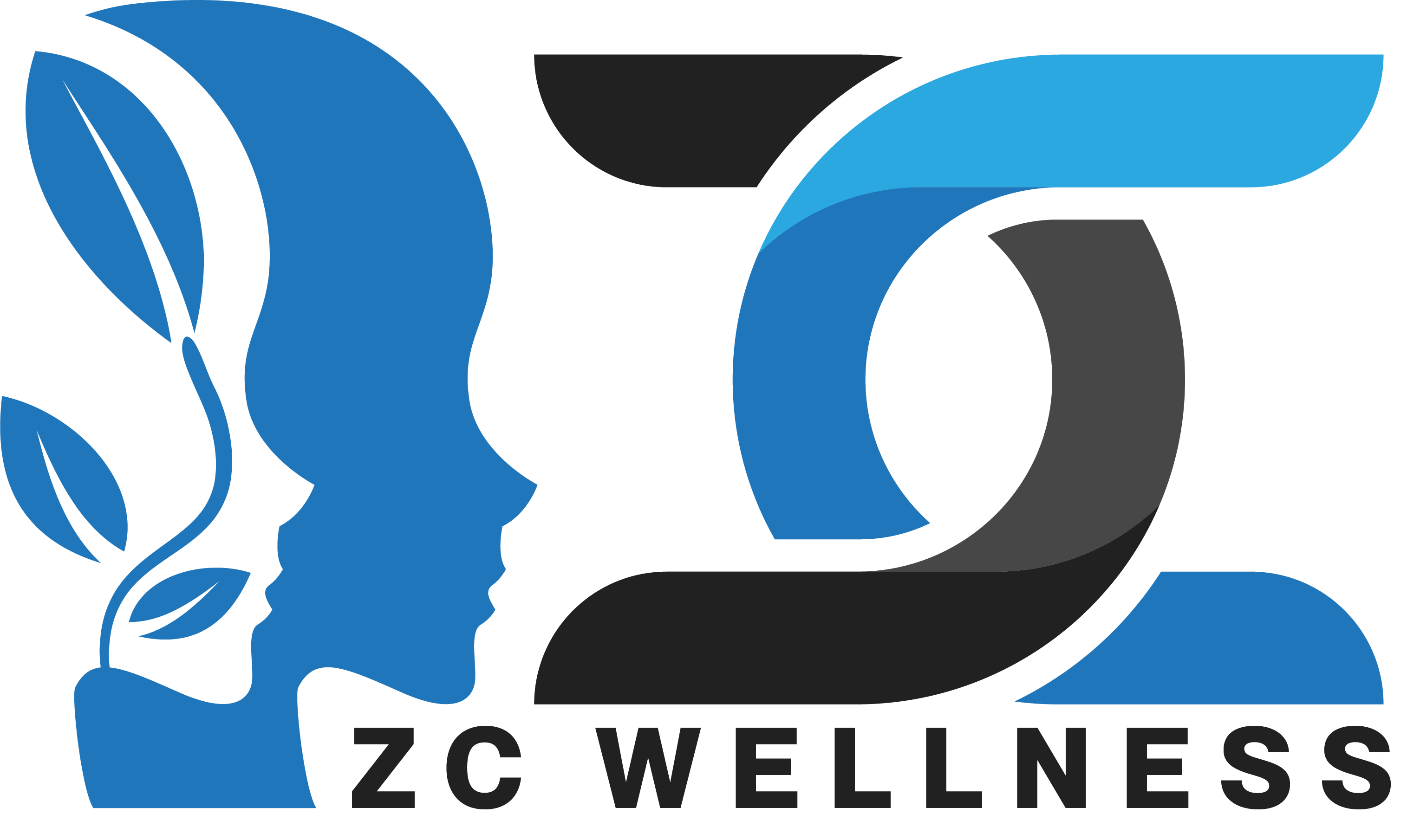
Post-Traumatic Stress Disorder (PTSD) is a severe mental health condition that can develop after experiencing or witnessing a traumatic event. It is marked by a range of symptoms that significantly impact daily life. Individuals with PTSD often experience intrusive memories or flashbacks of the traumatic event, causing intense distress and emotional upheaval. These intrusive thoughts are frequently accompanied by avoidance behaviors, where individuals steer clear of places, people, or activities that remind them of the trauma. Additionally, PTSD can lead to significant negative changes in mood, such as persistent feelings of guilt, shame, or detachment from others. Hyperarousal symptoms, including heightened startle responses, irritability, and difficulty sleeping, are also common.
The treatment of PTSD requires a comprehensive approach that addresses both the psychological and physical aspects of the condition. Trauma-Focused Therapy is a primary treatment method, with Cognitive Processing Therapy (CPT) and Prolonged Exposure Therapy (PE) being among the most effective. CPT helps individuals process and reframe traumatic memories, while PE involves gradually confronting and processing trauma-related stimuli. Medication management may also be part of the treatment plan, with selective serotonin reuptake inhibitors (SSRIs) commonly used to help manage symptoms of anxiety and depression associated with PTSD. Counseling and support groups provide additional avenues for emotional support and help individuals develop coping strategies.
Recovery from PTSD involves a combination of professional treatment, personal resilience, and support. Engaging in therapy and adhering to treatment plans are crucial for managing symptoms and achieving recovery. Building a strong support network and fostering social connections can provide emotional stability and encouragement. Practicing mindfulness, relaxation techniques, and engaging in self-care activities are also beneficial in managing stress and enhancing overall well-being. By understanding the symptoms of PTSD and the available treatment options, individuals can navigate their path to recovery and work towards a more balanced and fulfilling life.
